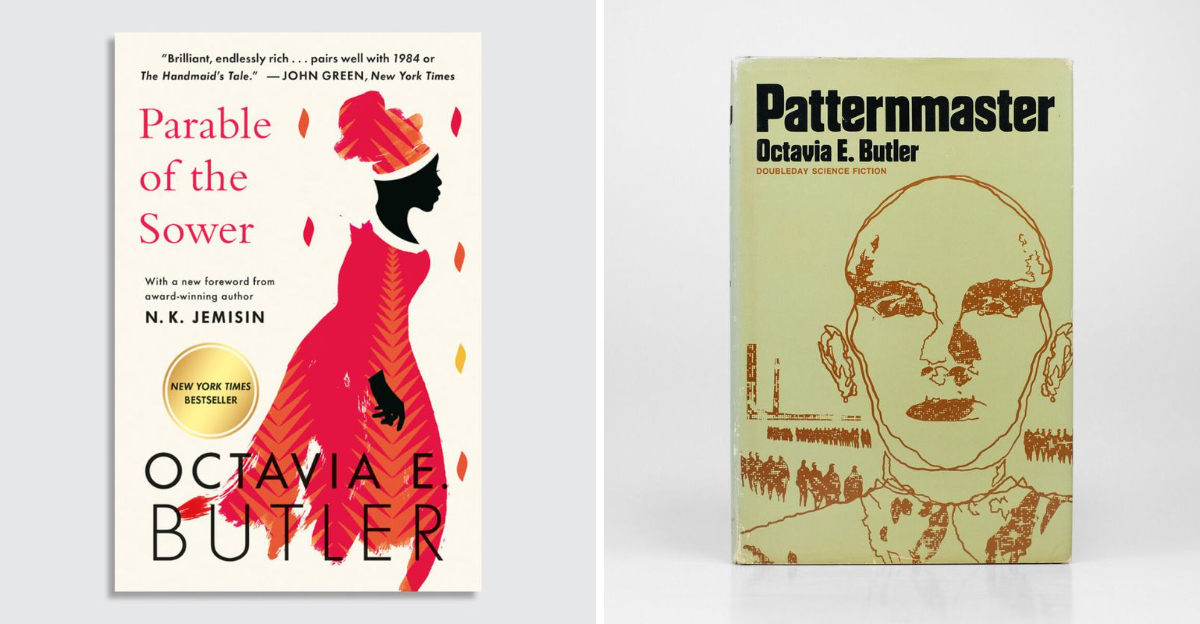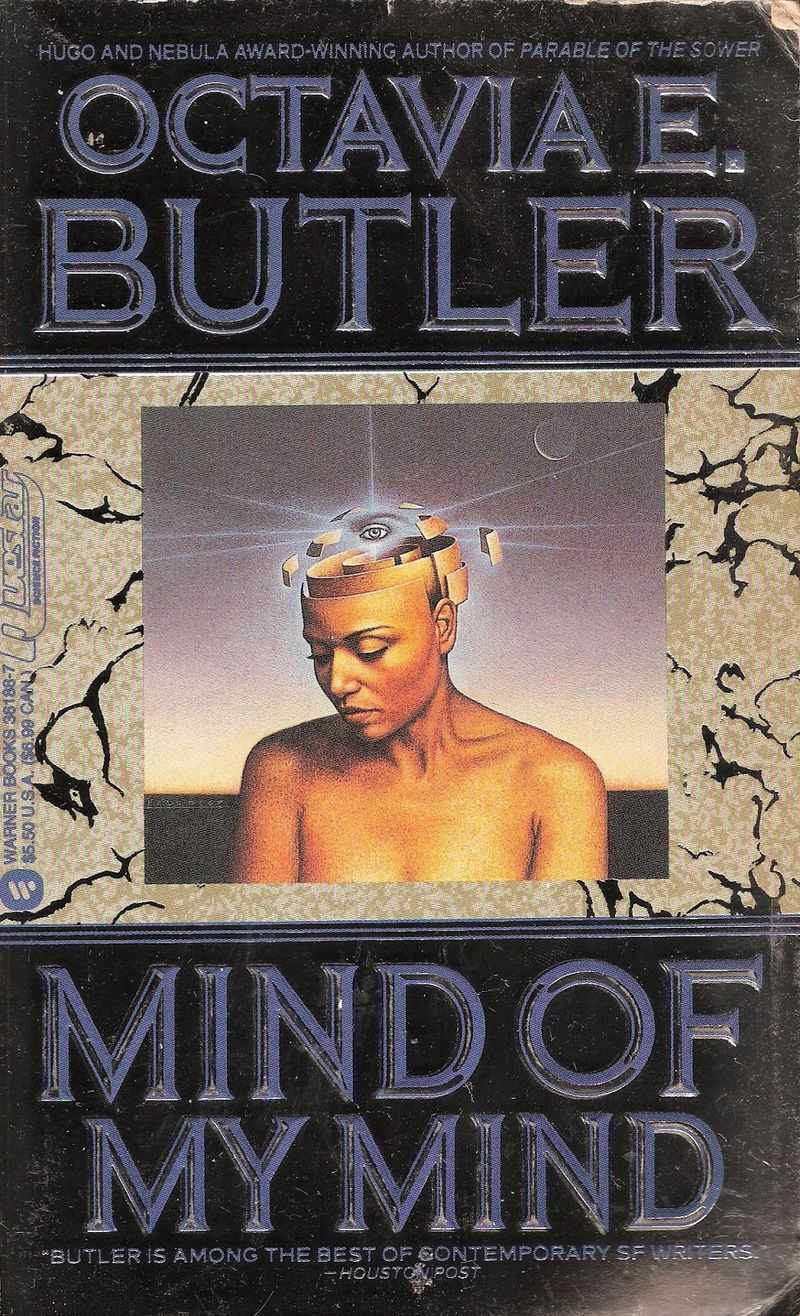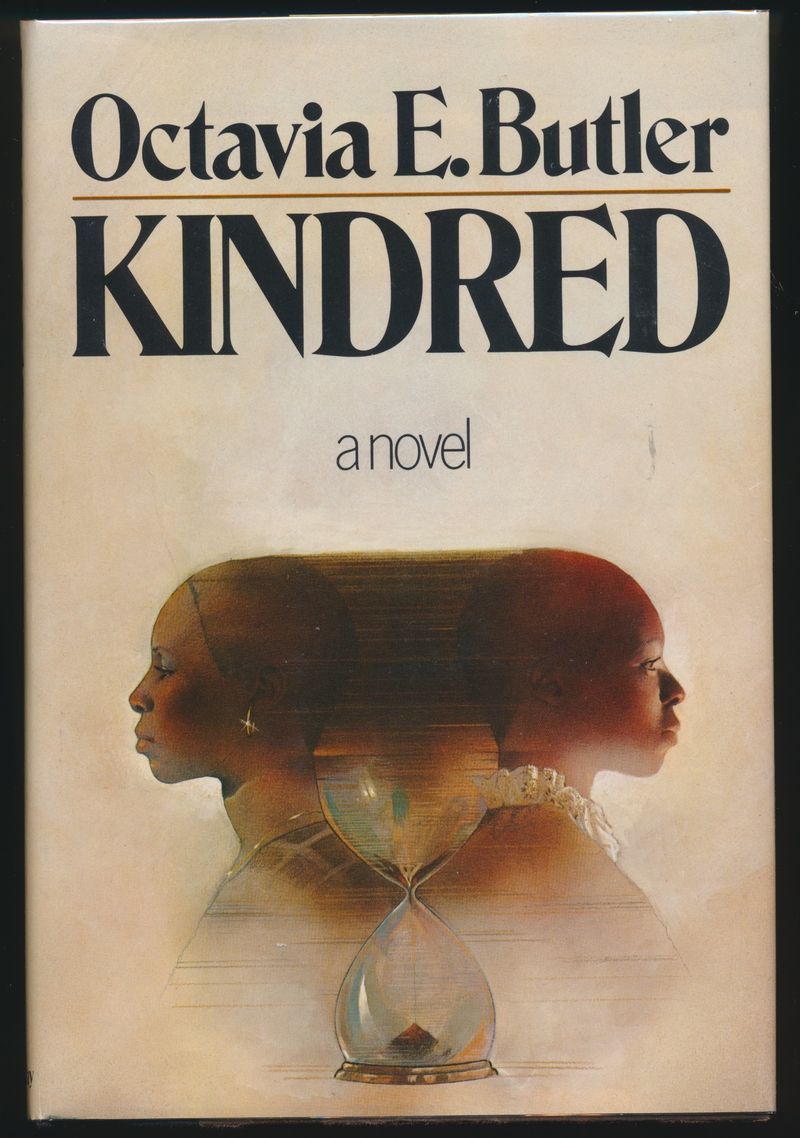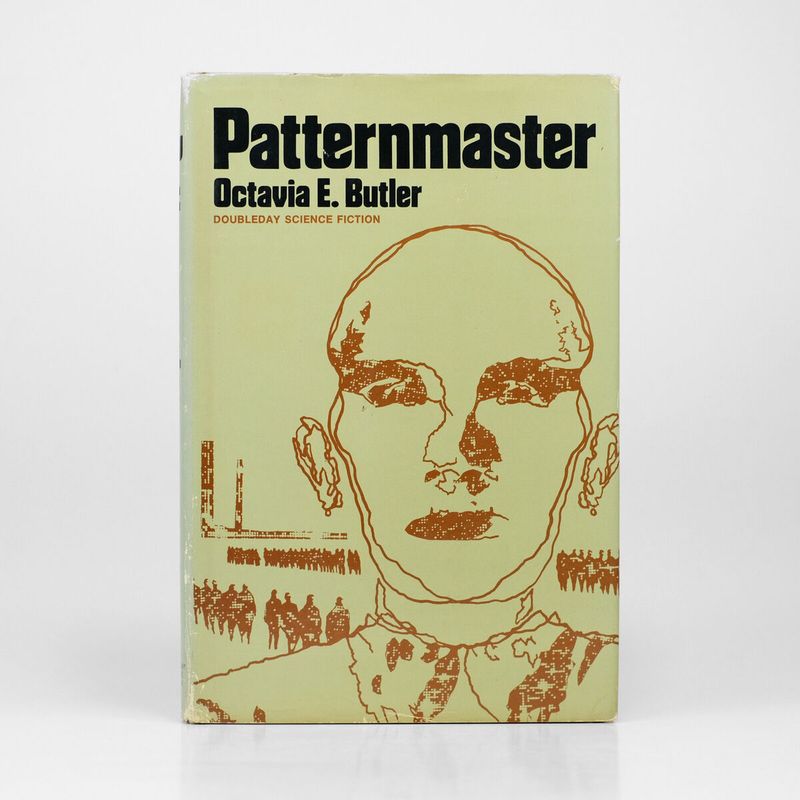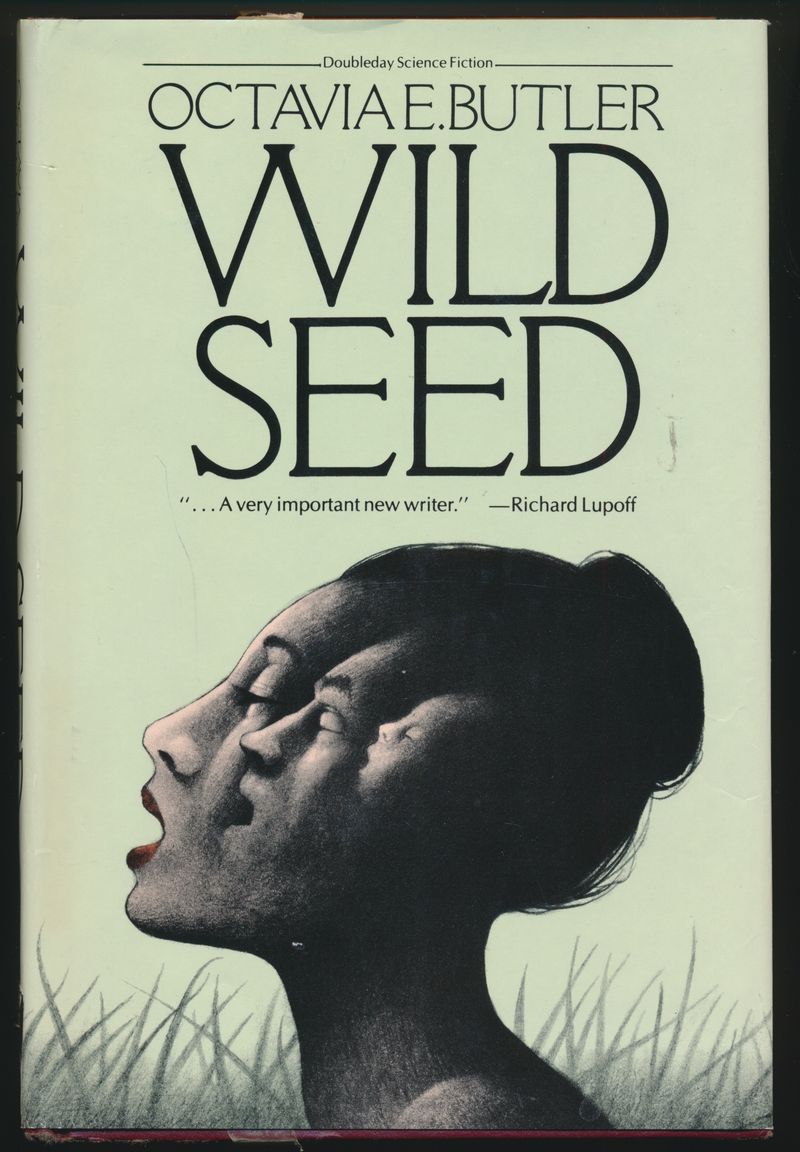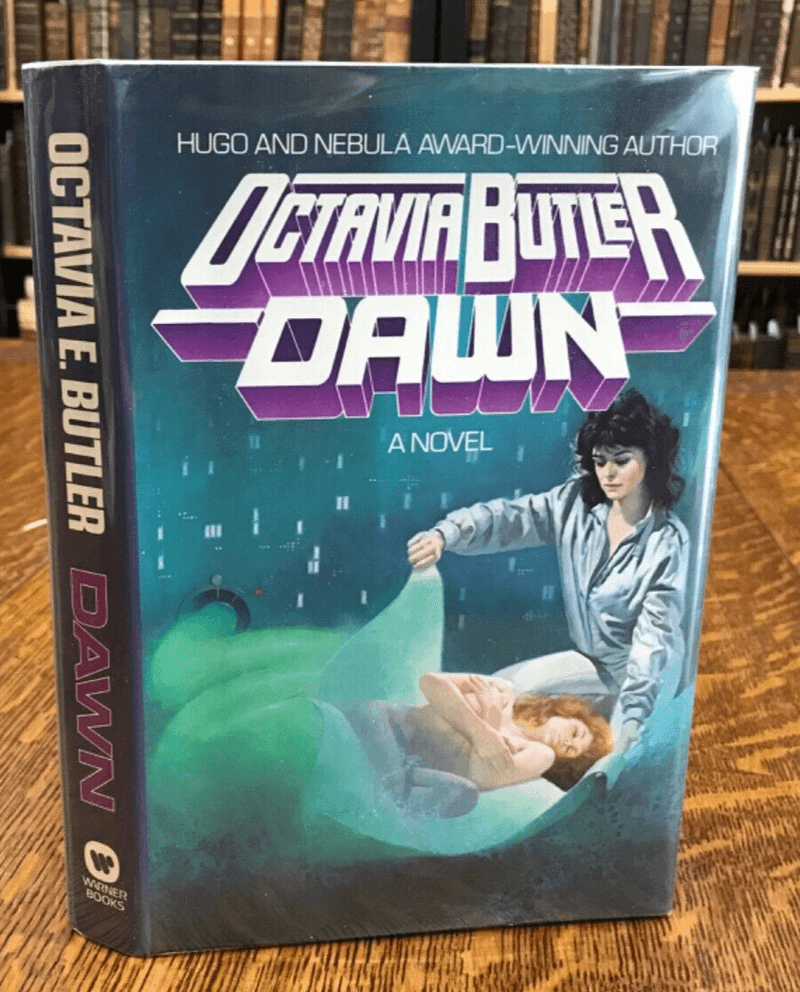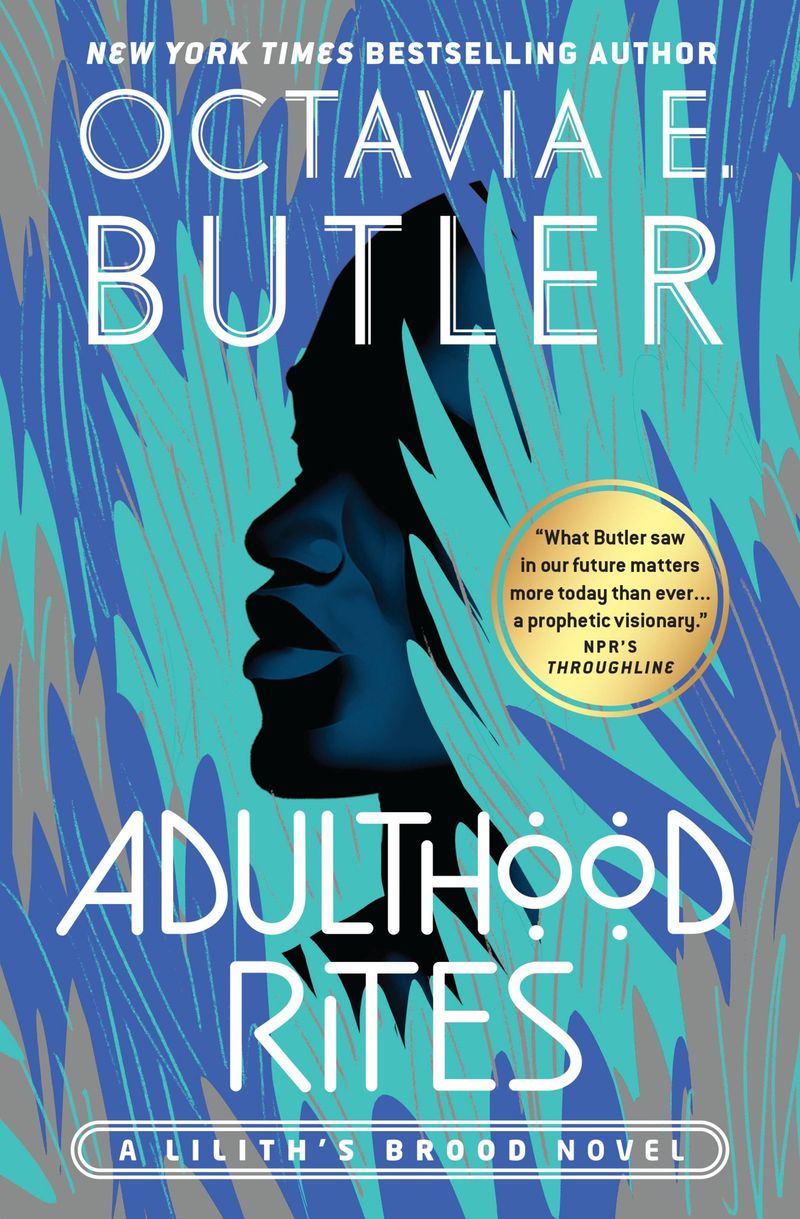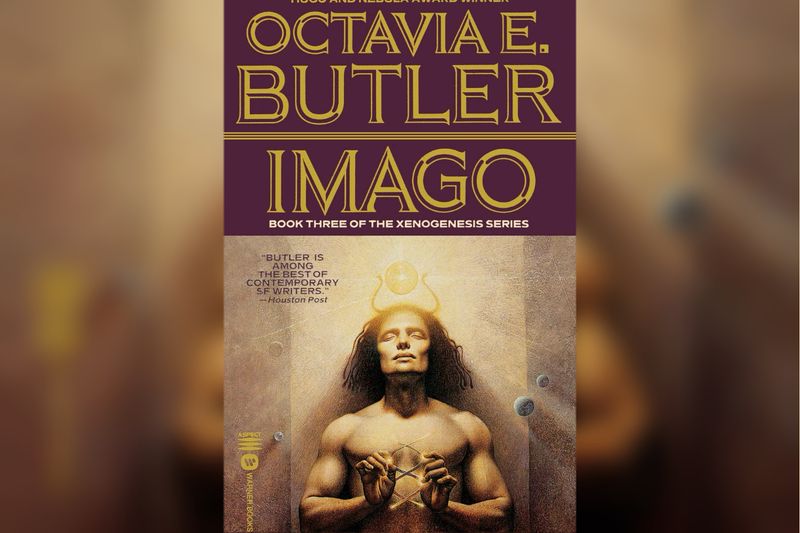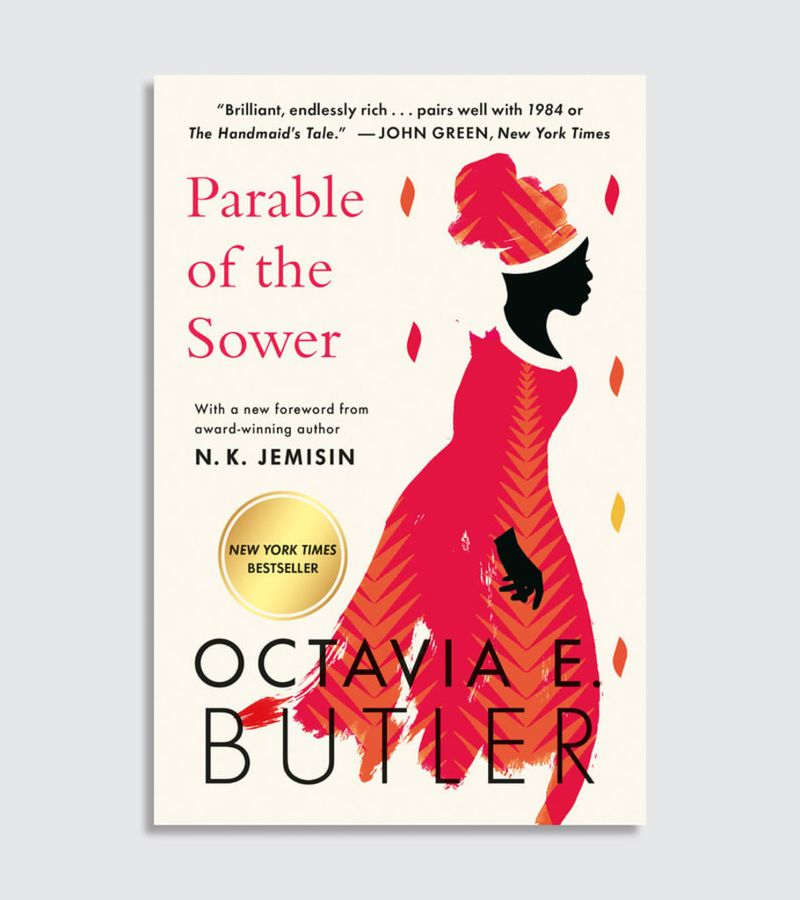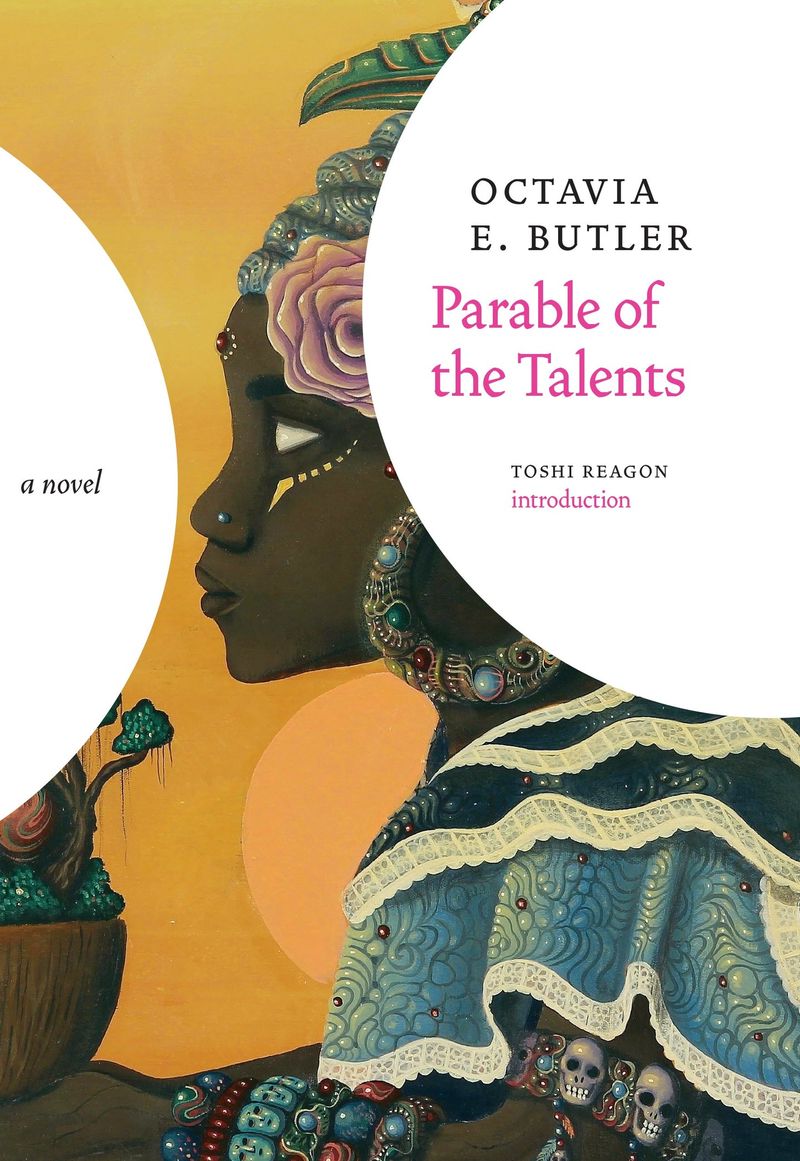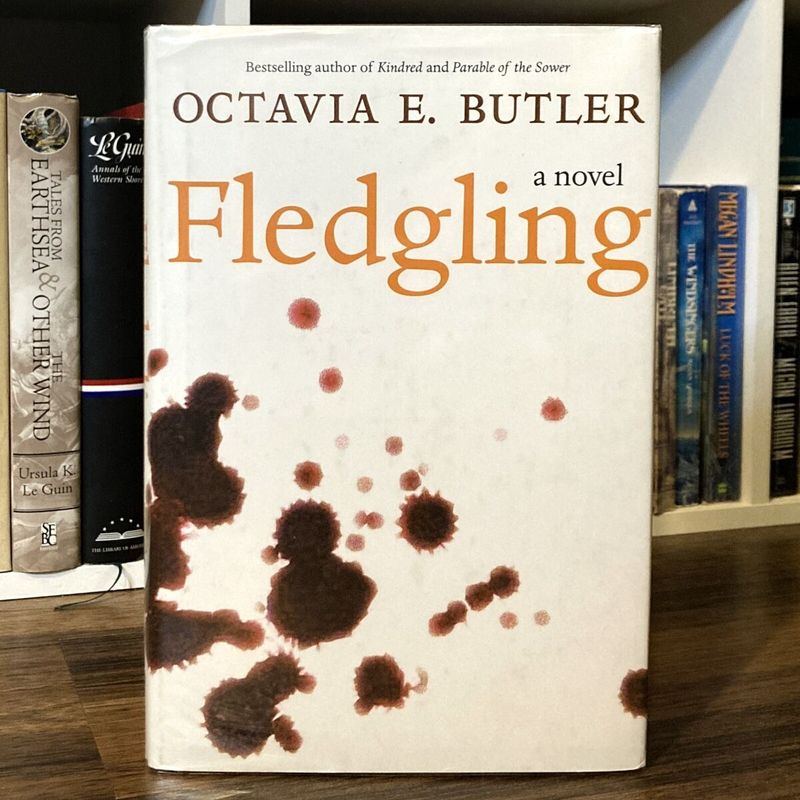Octavia Butler, a visionary author, crafted tales that transcended conventional boundaries, weaving narratives rich with speculative insights and profound reflections on humanity.
Her works, brimming with imaginative depth and intense exploration of societal structures, remain pivotal in the realms of science fiction and speculative fiction.
Known for her unique ability to tackle complex themes such as race, identity, and power dynamics, Butler’s stories resonate with readers seeking both inspiration and introspection.
This blog post delves into ten of her most impactful books, each demonstrating her unparalleled ability to blend genre innovation with compelling storytelling.
1. Mind of My Mind (1977)
In “Mind of My Mind,” Butler continues the Patternist saga, delving into the birth of a collective consciousness. This novel vividly portrays gifted individuals connected through a mental web.
Set in a modern landscape, the story explores the complex interplay of power within this new structure. Characters navigate their shared abilities, revealing intricate personal and group dynamics.
Butler skillfully crafts a narrative that examines the potential and peril of a united mind. Through engaging prose, she invites readers to ponder the broader implications of interconnected thought.
2. Kindred (1979)
“Kindred” is a groundbreaking work, blending science fiction and historical narrative. It follows Dana, a modern African-American woman, who is transported back to the antebellum South. Through vivid storytelling, Butler examines the brutal realities of slavery, interweaving temporal shifts that force Dana to confront her ancestral past. The novel’s rich narrative offers a raw exploration of identity and survival. Butler’s nuanced depiction of time travel challenges conventional genre boundaries, making “Kindred” a poignant reflection on history’s impact on present and future identities.
3. Patternmaster (1976)
“Patternmaster” introduces readers to a world where telepathy governs society. Butler’s inaugural novel in the Patternist series explores the gripping dynamics of power and human evolution.
Here, telepathic elites, known as Patternists, control the world through mental prowess. The novel presents a stark depiction of societal hierarchies and the struggle for dominance. As the story unfolds, characters grapple with their abilities and destinies.
Butler’s narrative intricately weaves themes of control and freedom, challenging readers to reflect on the nature of power. It’s a profound exploration of what it means to wield influence.
4. Wild Seed (1980)
“Wild Seed” expands Butler’s Patternist universe, exploring themes of immortality and power struggle. Set across centuries, it follows two immortal beings, Doro and Anyanwu. Their complex relationship unfolds against the vibrant backdrop of Africa and the Americas. Butler intricately weaves themes of genetic memory and survival, challenging characters to navigate their extraordinary powers. The novel’s exploration of freedom and control is both exhilarating and thought-provoking. Through rich character development, Butler invites readers to examine what it means to wield power over oneself and others.
5. Dawn (1980)
“Dawn” is the opening book of the Xenogenesis trilogy, thrusting readers into a post-apocalyptic world. Humanity’s survival hinges on an encounter with an alien race, the Oankali. Butler masterfully depicts the tension and potential of cross-species collaboration. As protagonist Lilith navigates this new reality, the narrative delves into themes of transformation and adaptation. Through vivid world-building, Butler challenges readers to consider the ethics of survival and coexistence. “Dawn” is a compelling exploration of identity and evolution in the face of existential threats.
6. Adulthood Rites (1988)
In “Adulthood Rites,” Butler continues the Xenogenesis saga, focusing on Akin, a human-alien hybrid. This novel explores identity and transformation in a changed world. Butler’s narrative examines the challenges and triumphs of living between two species. Characters grapple with belonging and evolution, as Akin discovers his unique role. The story delves into the complexities of hybrid existence, offering a profound reflection on diversity and acceptance. Butler’s exploration of transformation is both intimate and expansive, inviting readers to rethink notions of identity and community.
7. Imago (1989)
“Imago” concludes the Xenogenesis trilogy, exploring the intricacies of identity and coexistence. The novel follows Jodahs, a unique human-Oankali hybrid, as he navigates his transformative journey. Butler’s narrative offers a deep dive into the challenges and rewards of hybrid identities. Through Jodahs, the story examines the struggle for acceptance and integration within a diverse community. The book’s exploration of coexistence is both compelling and thought-provoking, inviting readers to reflect on the possibilities and complexities of living with others. Butler’s vision encourages a reimagining of harmonious living.
8. Parable of the Sower (1993)
“Parable of the Sower” presents a dystopian future where society teeters on collapse. At the center is Lauren Olamina, a young woman with a unique vision. Her creation of Earthseed, a new belief system, offers hope in the midst of chaos. Butler’s narrative explores themes of survival and renewal, as characters seek meaning in a fractured world. The novel’s exploration of faith and community resonates with contemporary concerns. Through engaging storytelling, Butler invites reflection on the power of belief to inspire change and resilience.
9. Parable of the Talents (1998)
“Parable of the Talents” continues Lauren Olamina’s journey, delving into the challenges of community building in a decaying society. Butler’s narrative explores faith, resilience, and the struggle for a hopeful future. The book powerfully depicts the complexities of forging unity amid societal decay. Characters grapple with external and internal conflicts, striving for survival and growth. Through Lauren’s story, Butler examines the potential for renewal in the face of adversity. Her insightful exploration of community and hope offers a compelling vision of humanity’s capacity for reconstruction.
10. Fledgling (2005)
“Fledgling” reinvents the vampire myth, exploring themes of identity and belonging. The novel follows Shori, a genetically modified vampire with dark skin, as she uncovers her past. Set in a modern landscape, Butler examines race and humanity through Shori’s unique perspective. The narrative challenges traditional vampire lore, offering a fresh take on the genre. Butler’s exploration of identity is both intimate and expansive, inviting readers to reflect on what it means to be human. “Fledgling” is a captivating tale of discovery, blending supernatural elements with profound social commentary.
